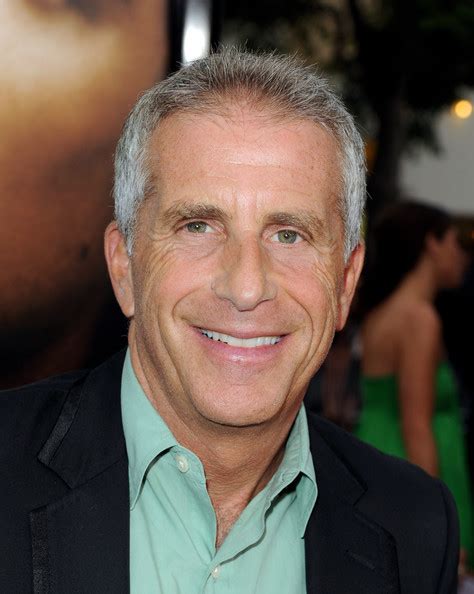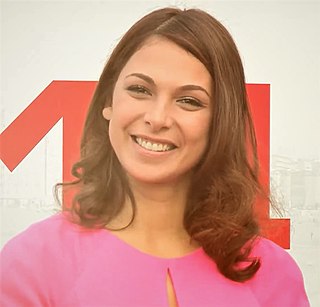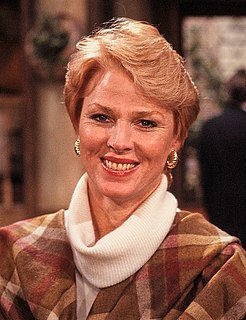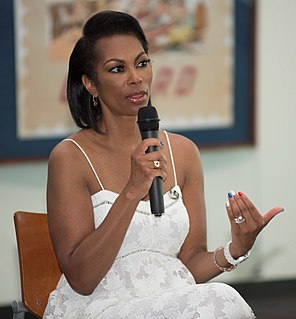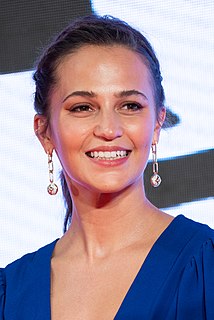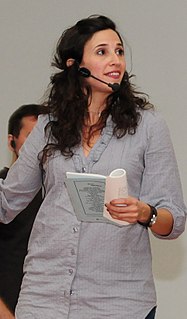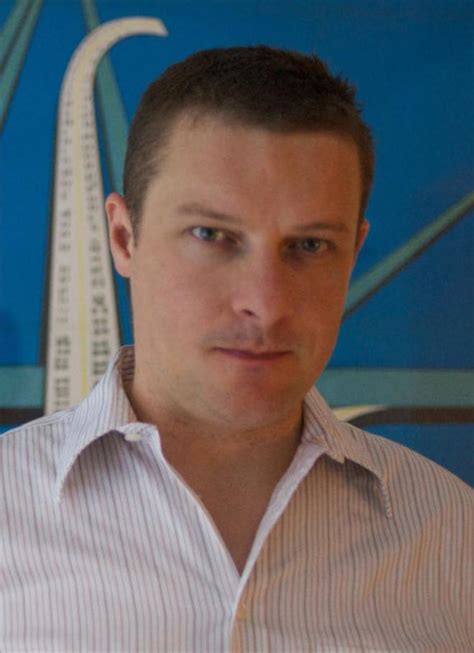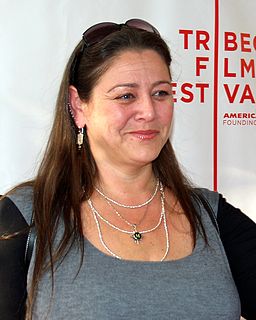A Quote by Marc Platt
I was always interested in storytelling, particularly in theater and film. I liked creative things. My mom and dad are wonderful people, but both are tone deaf, so I don't know where the gene came from.
Related Quotes
I always liked creativity, whether it was to draw or sew - any creative assignment I was getting from school, or just on my own. I love people and behaviors, and I'm interested and fascinated by why we do what we do. And I wanted to be a therapist, to be honest. Maybe wirking in film combines the two worlds, in a not super-linear way, but it definitely feeds both my two passions.
The relationship with actor and director is probably closer to theater, in that, when we record the dialogue, there is very little in the way of the creative collaboration - no cameras, lighting or even locations. Then, once we record, the post process is very similar to the post flow in filmmaking - editing, sound design, mixing, etc. At the end of the day, it's all about storytelling and honing in on a tone by developing a rhythm and structure that suits the storytelling.
